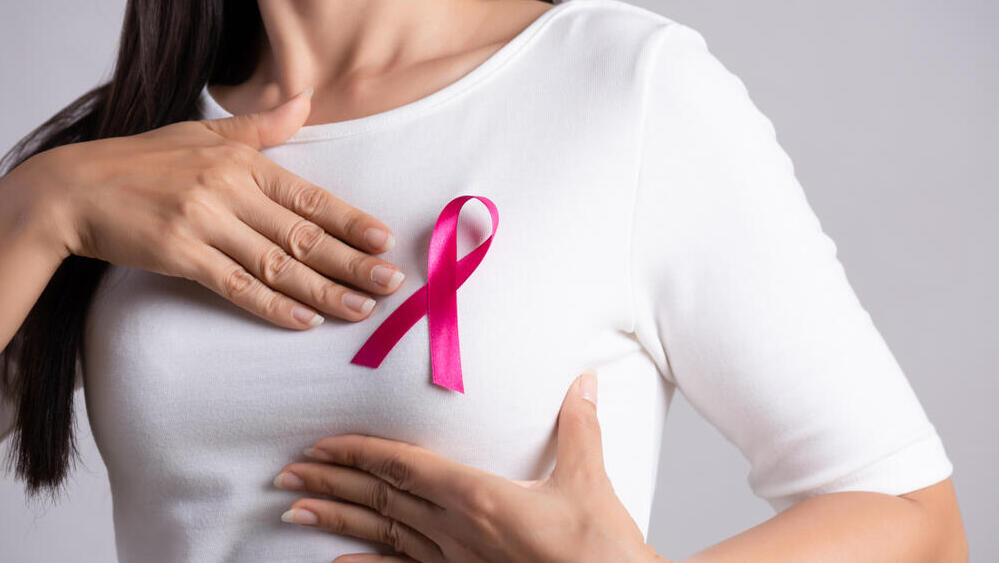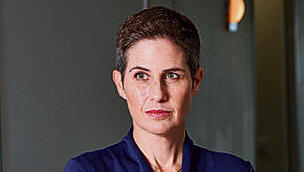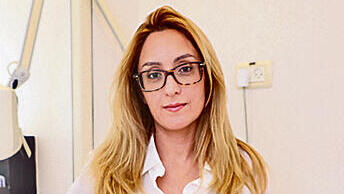Arab women in Israel are more likely to die from breast cancer than their Jewish counterparts, said a Health Ministry survey published Sunday.
According to the survey, oncology experts cite geographic locations and lack of awareness of the need to screen for disease as some of the causes for the higher death rate.
Jewish women, however, are more aware of the importance of mammography examinations for early diagnosis of the disease. The experts added that most Arab women live in Israel’s periphery, where the quality of general healthcare is lower than that found in central part of the country.
Between the years 1996 to 2000, the disease was more common among Jewish women, but the rate slowed in 2018, following a national initiative to provide mammograms, launched in 1995.
The disease became increasingly more common among Arab women between 1996 and 2018. In 1996, four in 100,000 women were diagnosed with breast cancer, and in 2018, the number rose to seven in 100,000. While data for the period between 2018 to 2022 is missing, the health officials believe that no significant change has occurred since then.
The data also shows that the average age for the diagnosis of the disease among Jewish women is 59, compared to 55 among Arab women.
Survival rates five years after the initial diagnosis also differ, with 89% of Jewish women surviving, compared to 84% of Arab women. Mortality rates, according to ministry figures, is 17.8% among Jewish women, 27.1% among Arab women.
Dr. Ayelet Shai, head of the breast cancer department in Rambam Health Care Campus’ oncology ward, said early detection is key to survival. “We believe there’s more early diagnoses among Jewish women because of the higher awareness of mammograms,” she said.
Dr. Sahi adds that nutrition in the Arab society, which tends to be rich in carbs, is also a factor, as well as a lack of physical exercises and obesity - which also play a part in the rising mortality rates in the sector.
One of the most important factors for high death rates is the amount of time that passes between the diagnosis and the start of treatment. This factor is affected by the manpower available in medical facilities close to where patients live.
Dr. Shai said that according to international studies, women from lower socioeconomic groups experience a higher level of stress, which is also a contributing factor in mortality from the disease.
Dr. Marian Hatib, head of the Center for Breast Health and an expert in oncology at the Tel Aviv Sourasky Medical Center, agrees that diagnosis and death rates among Arab women are on the rise due to lack of awareness of screenings, as well as poor lifestyle habits.
Dr. Hatib, noted that the average age of diagnosis among Arab women is less than 45, which is lower than the average among Jewish women. She added that the disease among Arab women tends to be more aggressive.
Dr. Hatib also said that the number of Arab women coming in for mammograms has been on the rise in recent years.
“It’s not as high as in the Jewish sector, but it’s better than ever before," she said. "However, younger Arab women are still not coming in to be examined,” Dr. Hatib said.
She explained that while Jewish women as young as 25 come for breast cancer screenings, Arab women come in at a later age. “In recent years, more efforts have been made to make mammograms more available in Arab villages, but it’s not enough,” she said.
“There’s a lot of difference between women that come from different background. This isn’t a single group, and there are a lot of subgroups among Arab women,” she said, explaining that the data is not the same among all women in the Arab community.
"Some Arab women don’t come for screening because they are ashamed of the diagnosis," she said. "They don’t call the disease 'cancer,' and the women’s family are often unaware of the diagnosis. Cancer is nothing to be ashamed of,” she said.
“Hospitals are equipped with breast cancer wards, and exams for breast cancer are carried out by general physicians at different health maintenance organizations in Israel,” the Health Ministry said in a statement.
“Mammograms are available in hospitals and institutes in the community, and also exist in Arab villages,” the ministry said.





